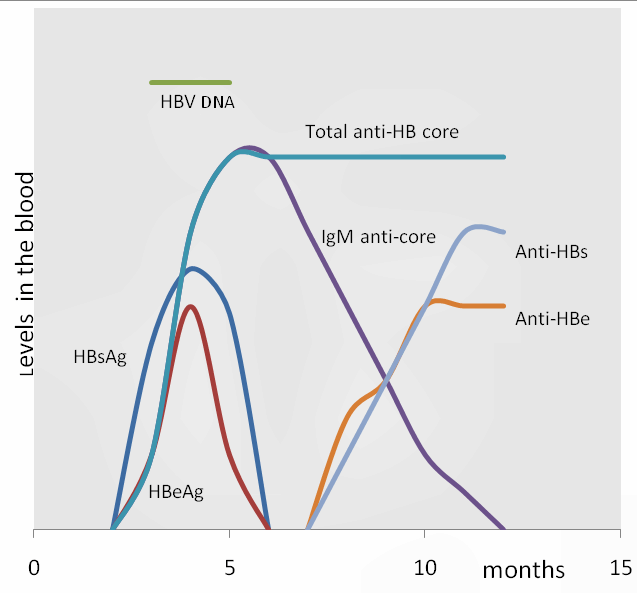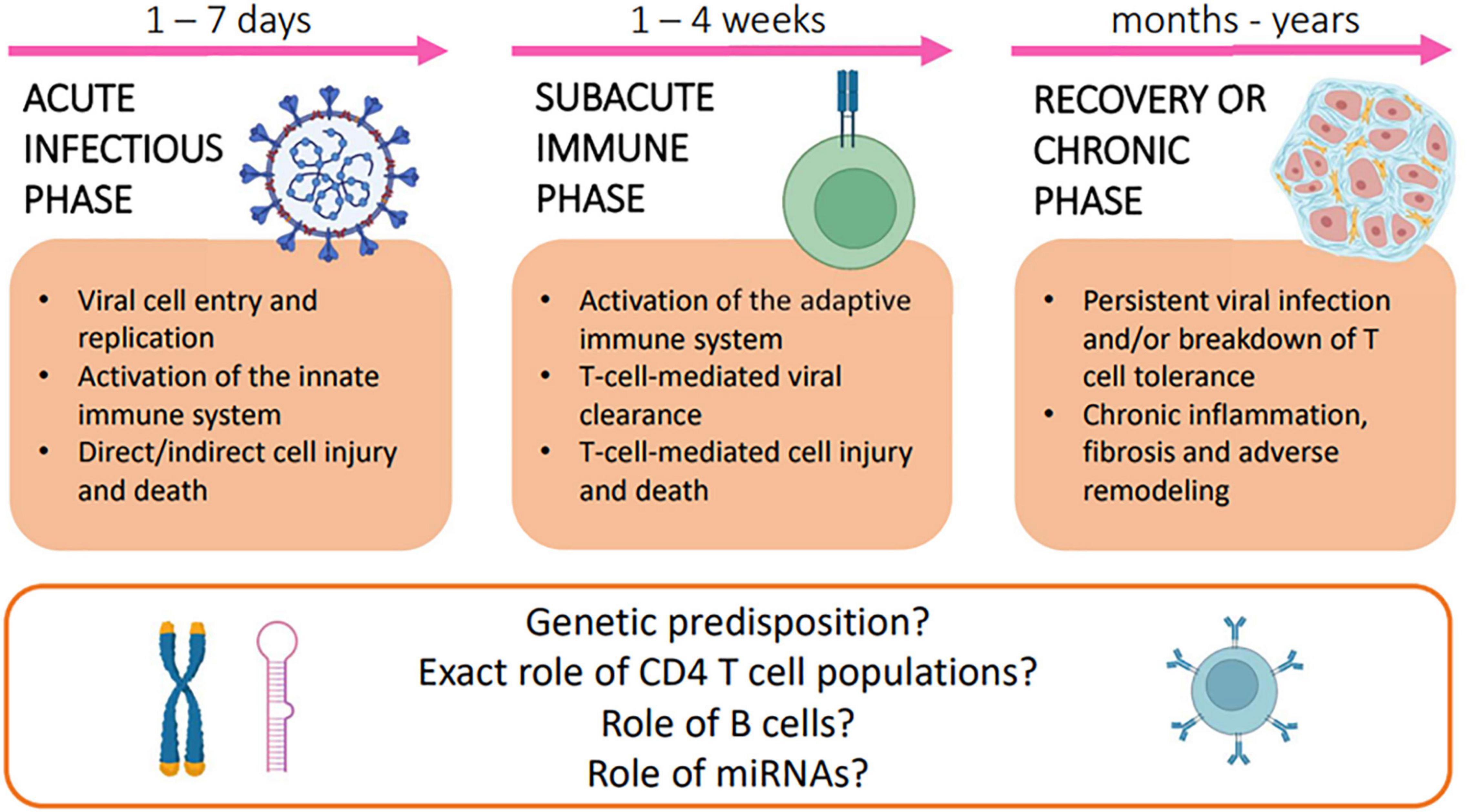What Is The Difference Between A Chronic Viral Infection And An Acute Viral Infection?
Difference Between Viral And Bacterial Infections
Keywords searched by users: What Is The Difference Between A Chronic Viral Infection And An Acute Viral Infection persistent viral infection examples, examples of acute viral infections, acute viral infection symptoms, chronic viral infection symptoms, persistent viral infection definition, acute viral infection treatment, persistent infection examples, persistent infection meaning
What Is A Chronic Viral Infection?
A chronic viral infection is a condition in which the infectious virus persists in the body long after the initial infection has occurred. This type of infection can lead to either chronic or recurrent diseases, which means that individuals may experience symptoms or flare-ups of the infection over an extended period. On the other hand, slow infection is a specific subtype of chronic infection characterized by an extended incubation period, the time between initial infection and the onset of symptoms, followed by a gradual and progressive development of the disease. In slow infections, the symptoms may not become apparent until a considerable amount of time has passed since the initial exposure to the virus.
What Is An Acute Viral Infection?
“What is an acute viral infection?” – This question often arises when discussing the nature of acute viral infections. An acute viral infection is defined by its rapid onset of illness, typically exhibiting a sudden and intense manifestation of symptoms. These symptoms tend to persist for a relatively short duration, usually spanning only a few days. Such infections are marked by a swift and vigorous immune response from the body, which ultimately leads to the resolution of the infection and the restoration of health. To delve deeper into this topic, it’s crucial to understand the key characteristics and mechanisms underlying acute viral infections. Vincent Racaniello’s insights from February 13, 2009, provide valuable information on this subject.
What Are The Two Types Of Viral Infections?
There are two main types of viral infections: respiratory infections and digestive system infections. Respiratory infections affect the respiratory tract, including the nose, throat, and lungs, while digestive system infections target the gastrointestinal tract, involving the stomach and intestines. These infections can cause a wide range of symptoms, from mild to severe, and can be transmitted through various means such as droplets in the air or contaminated surfaces. It’s important to note that this information was last updated on November 23, 2022.
Collect 14 What Is The Difference Between A Chronic Viral Infection And An Acute Viral Infection


Categories: Discover 23 What Is The Difference Between A Chronic Viral Infection And An Acute Viral Infection
See more here: future-user.com

Acute viral infections can be regarded as an instable nonequilibrium state, whereas chronic viral infections reflect a state of dynamic and metastable equilibrium of host and pathogen interactions, which can persist over long periods; some viral infections are lifelong (Virgin et al., 2009).Chronic infection is characterized by the continued presence of infectious virus following the primary infection and may include chronic or recurrent disease. Slow infection is characterized by a prolonged incubation period followed by progressive disease.39 Comments / By Vincent Racaniello / 13 February 2009. An acute viral infection is characterized by rapid onset of disease, a relatively brief period of symptoms, and resolution within days.
Learn more about the topic What Is The Difference Between A Chronic Viral Infection And An Acute Viral Infection.
- Acute and chronic viral infections – ScienceDirect.com
- Persistent Viral Infections – Medical Microbiology – NCBI
- Acute viral infections – Virology Blog
- Viral Infection: Causes, Symptoms, Tests & Treatment – Cleveland Clinic
- Infection: Bacterial or viral? – Mayo Clinic
- Viral Fever Duration, Types, Symptoms, Causes, and Treatment
See more: future-user.com/your-money